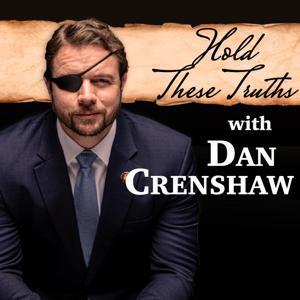The following is a computer-generated transcription, some grammar and spelling errors may be inherent
Hey guys, Anthony Bandiero Here, Attorney, Senior Legal instructor for Blue to Gold law enforcement training, bringing a roadside chat here. We got a question when Officer in Texas. And he says he asks, can you search in Uber passengers property based off of a K9 alert?
And the answer is yes if the officer reasonably believes that the contraband could be in that container, right. So if the, you know, I just give an extreme example, if the Uber driver is under surveillance as a drug dealer, right. And, you know, all the evidence points towards the target of this, you know, of this, of this investigation is that the Uber driver is involved in narcotics, they make a traffic stop for, you know, let's say, some violation of the motor vehicle code. And during that ride in the citation, they run the dog around the car, free or sniff. So far, so good in most states, the dog alerts, and the first place they go to and let's say they saw that the, they observed that the Uber driver picked up a passenger, right. And the first thing that they search for is the passengers belongings. That'd be problematic to me because if I was the defense attorney, I would say, why did you believe there's a fair probability there would be evidence in my client's belongings, based off this prior investigation, like you, your all your indicators are already pointing towards the driver as the culprit for possessing narcotics, why would you just go, and I may or may not win that case. But it's definitely a good question. Right? I wouldn't recommend it. So the officers should first, you know, search the Pat, the Uber driver's belongings, backpack, car, and so forth. Now, during that search, if there's, you know, some facts or circumstances that leave the police lead the police to believe that there could be more evidence in the passage belongings like the passenger knows the driver, and they run the passenger, and he's on paper for narcotics, or he has a criminal history, you know, then, you know, we go from there. Now, if the dog alerts, and we don't know where the prop where the contraband is, you know, is it fair to believe that it could also be in the passenger belongings? I think the answer is yes; I believe that police are going to win that one. Hands down, but I'm just kind of thrown since we have these conversations to move the ball forward. I just wanna let you know that generally speaking, the answer is yes. But why not? Add some context as well? That may be sometimes it may be no. All right. All right. So that's it. Keep the questions coming. Do me a favor. If you liked this video, hit like, please subscribe. Comment below. Share with your friends help me build an audience if you want if you can. I want to reach more cops. Alright, until next time, my friends, stay safe and keep up the great job.
When it comes to law enforcement training, we are the gold standard. Visit bluetogold.com or call 888-579-7796 to learn more about our training books and free webinars. Also, don't forget to like, subscribe and share this channel.




































